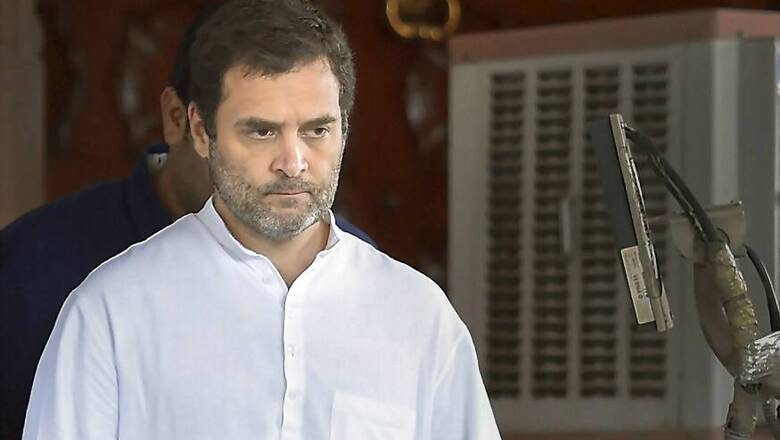
views
New Delhi: Left with no alternative to bail himself out of contempt proceedings, Congress president Rahul Gandhi on Wednesday tendered his "unconditional apology" to the Supreme Court for attributing 'Chowkidar chor hai' jibe to the top court.
After the bench headed by Chief Justice of India Ranjan Gogoi rejected Rahul's previous affidavit that had expressed 'regret', and also pulled him up for making contradictory statements, the Gandhi scion was pushed to the wall in offering the unqualified apology so as to put an end to the contempt case.
"The Deponent unconditionally apologises for the wrongful attributions to this Hon’ble Court. The Deponent further states that any such attributions were entirely unintentional, non-willful and inadvertent," stated Rahul's new affidavit.
It added that Rahul holds the Supreme Court in the highest esteem and respect and that he has never sought or intended to, directly or indirectly, commit any act that interferes with the process of administration of justice.
Rahul requested the top court to accept his apology and draw the curtains on the contempt proceedings, initiated by BJP MP Meenakshi Lekhi.
"The Deponent most respectfully prays that this Hon'ble Court may be graciously pleased to accept the instant affidavit and close the present contempt proceedings," maintained his affidavit.
Last week, when the Supreme Court bench, also including Justices SK Kaul and KM Joseph, had taken up Rahul's second affidavit in this matter, they discovered it was just a reiteration of his previous affidavit wherein he had also tried to justify his remarks.
This affidavit also narrated Rahul's political stand as he described Rafale as a tainted deal.
These statements had left the court upset as it sought to know from senior advocate AM Singhvi as to whether he would want to file another affidavit or would argue on the basis of the present ones.
Appearing for petitioner Meenakshi Lekhi, senior lawyer Mukul Rohatgi called the affidavit a hogwash in which Rahul had shown no contrition but tried to convert the court proceedings into a political battle.
The bench told Singhvi: "Any person can make a mistake, but having made it, you should go ahead and admit it...and what is this regret written inside the brackets? You are also contradicting yourself in this affidavit...honestly, we don't understand what your 28-page affidavit is trying to convey. Does it take 28 pages to apologise?"
With the writing on the wall, Singhvi had then sought some time to file a 'better' affidavit.











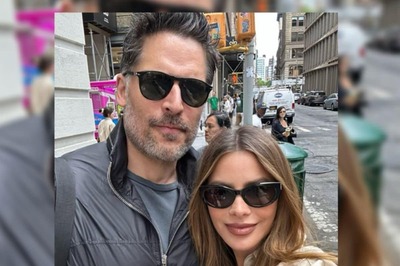
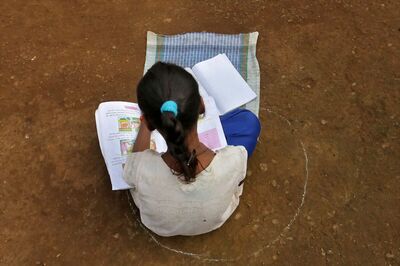

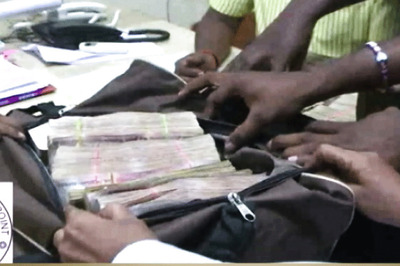
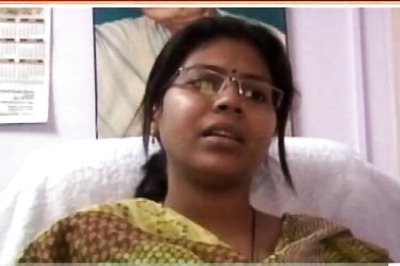


Comments
0 comment